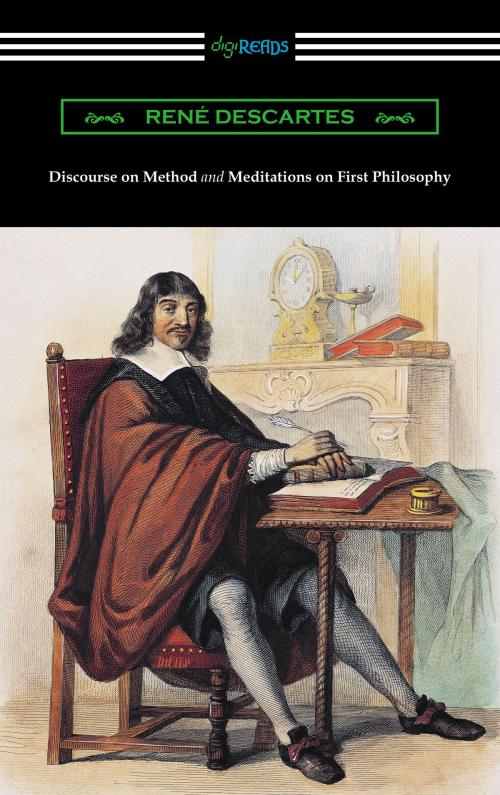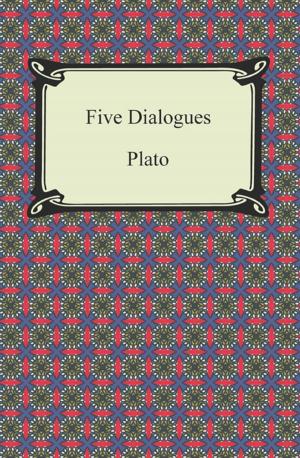Discourse on Method and Meditations of First Philosophy (Translated by Elizabeth S. Haldane with an Introduction by A. D. Lindsay)
Nonfiction, Religion & Spirituality, Philosophy| Author: | Rene Descartes | ISBN: | 9781420953756 |
| Publisher: | Neeland Media LLC | Publication: | September 30, 2016 |
| Imprint: | Digireads.com Publishing | Language: | English |
| Author: | Rene Descartes |
| ISBN: | 9781420953756 |
| Publisher: | Neeland Media LLC |
| Publication: | September 30, 2016 |
| Imprint: | Digireads.com Publishing |
| Language: | English |
Contained here in this volume are two of the most influential works of philosophy ever written, Descartes’ “Discourse on Method” and “Meditations on First Philosophy.” First published in 1637, “Discourse on the Method of Rightly Conducting the Reason and Seeking for Truth in the Sciences,” as it is more fully known, is a foundational work of modern philosophy which is noted for being one of the first to apply the scientific method to the discipline. Descartes approaches the subject of skepticism in philosophy by throwing away all preconceived notions of reality and building up from a base of truths he found to be incontrovertible. It is from this work that we find one of Descartes’ most famous quotations “I think, therefore I am.” This phrase alone probably best exemplifies what Descartes believed to be an incontrovertible truth. First published in 1641, “Meditations on First Philosophy” follows upon his earlier work by applying his method to a philosophical examination of the existence of God and the immortality of the soul. While the philosophical conclusions arrived at by Descartes’ work have met with criticism, his profound influence ultimately lies with his insistence on questioning everything. This edition follows the translation of Elizabeth S. Haldane and includes an introduction by A. D. Lindsay.
Contained here in this volume are two of the most influential works of philosophy ever written, Descartes’ “Discourse on Method” and “Meditations on First Philosophy.” First published in 1637, “Discourse on the Method of Rightly Conducting the Reason and Seeking for Truth in the Sciences,” as it is more fully known, is a foundational work of modern philosophy which is noted for being one of the first to apply the scientific method to the discipline. Descartes approaches the subject of skepticism in philosophy by throwing away all preconceived notions of reality and building up from a base of truths he found to be incontrovertible. It is from this work that we find one of Descartes’ most famous quotations “I think, therefore I am.” This phrase alone probably best exemplifies what Descartes believed to be an incontrovertible truth. First published in 1641, “Meditations on First Philosophy” follows upon his earlier work by applying his method to a philosophical examination of the existence of God and the immortality of the soul. While the philosophical conclusions arrived at by Descartes’ work have met with criticism, his profound influence ultimately lies with his insistence on questioning everything. This edition follows the translation of Elizabeth S. Haldane and includes an introduction by A. D. Lindsay.















